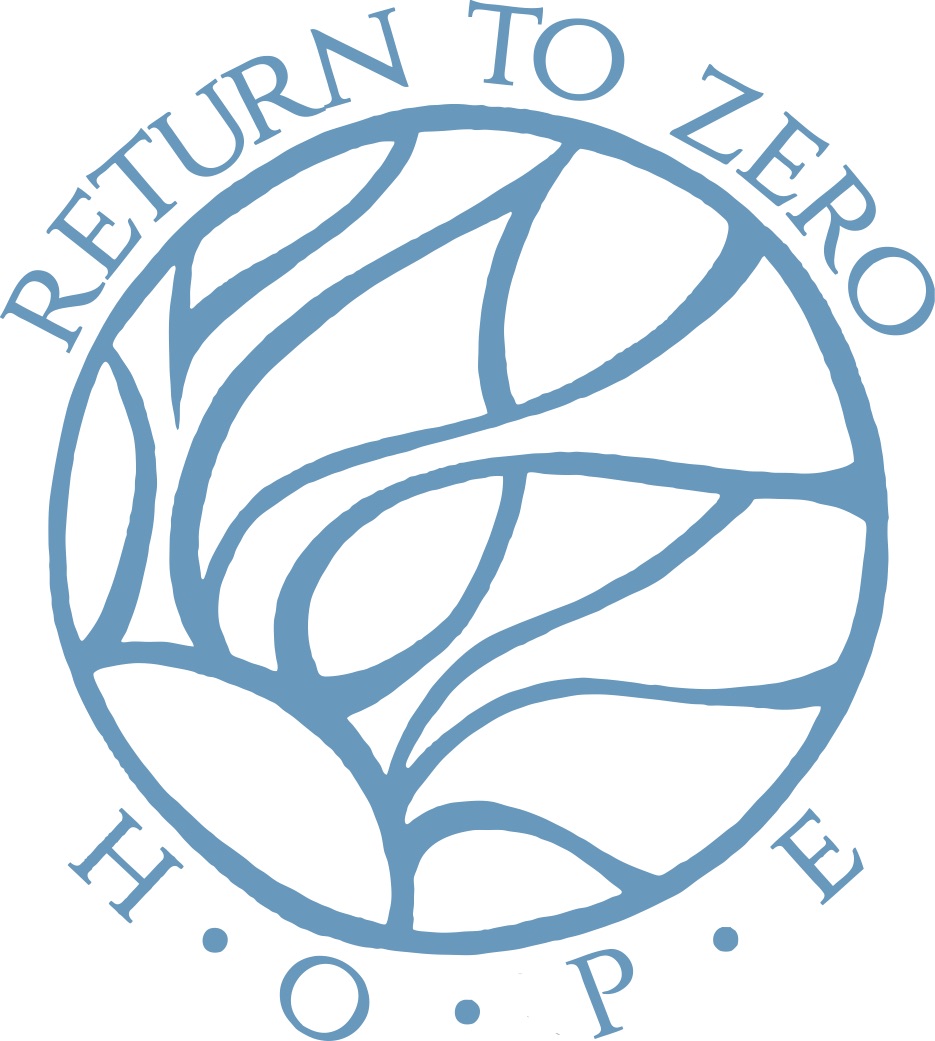Finding Hope By Emily Mockett
Written by Emily Mockett
On August 8, 2002, already a parent to twins, after a textbook pregnancy and difficult induced labor, I welcomed a seemingly healthy, perfectly beautiful baby girl. Staring into baby Julia’s dark eyes as I held her for the first time on the outside of my body, I trembled at the intensity of my love for a person I had yet to know but somehow had known all my life.
With Julia’s birth I was finally a biological mother for the very first time, a dream I had probably carried from my own birth. Marrying a father of young twins I had already experienced parenting, though I had not yet known motherhood. Julia had come through me from the mystery but did not belong to me. She was from me yet she was her own soul. Instantaneously I loved her for a lifetime. She was an everyday miracle and the joy I felt on her birthday was incomparable to anything I have ever experienced.
Within 24 hours of her arrival everything had changed. Pink cheeks grew ashen, breathing rapid, and medical interventions escalated from blow-by oxygen, to oxygen tent to intubation and ventilation, and with that came a hospital transfer to the highest level of care available in the world: level 4 NICU. She was the sickest of the sick but we were told she would get better. And yet this would not be.
A ventilator sustained her body for twenty days as the doctors tried tirelessly to determine why she was sick and why she wasn’t getting better. The initial diagnosis of Transient Tachypnea of the newborn, changed to Pulmonary Hypertension, then finally, with the help of the only research lab with the available science to diagnosis her, the right one: Inherited Surfactant B protein deficiency. An extremely rare and fatal genetic condition, caused by a single base pair missing on her DNA, meant the absence of a protein in her lungs required for effective oxygenation; a protein required for life. There was no treatment, there was no cure, not here, not anywhere. Julia’s physician had known about her fatal diagnosis only through his research though he had never seen it in an actual patient. She was his first case in twenty years of practice, case number fifty-seven ever reported in the world, and the odds of us having a child with it were one in four million--Impossibly rare, unbelievably shocking.
Baby Julia was just twenty days old when she died in my arms. Staring into Julia’s dark eyes as we terminated her life support and I held her for the last time, I trembled at the intensity of my sorrow. Providing her a “good” death; surrounded by love and free of pain was my final and ultimate act of love for my daughter. I don’t know how I found the strength to help her return to the mystery but no one but her mother should. No parent should ever out live their child and the grief I felt on the day of her death was incomparable to anything I have ever experienced.
On August 28, 2002 I lost my first born, I lost my motherhood, I lost my future and I lost my trust in the universe that everything is unfolding as it should. I thought I had lost everything. And yet this would not be.
FINDING HOPE
As a healthcare professional I had been educated to help others. Through my training, experience and innate ability, I had become an expert in caring for those in need. With Julia’s death I became both my patient and my caregiver and I would over the years earn a PhD in self care. I learned to be kind and gentle and very patient with myself, as my grief work was the most difficult challenge of my life and the healing path was far from linear—twisting, winding, spiraling up and down, and twisting back again. The self care and self love I showed for myself was a matter of survival at first. Today it is a source of my joy and my ability to love, nurture and care for so many others.
Almost ten years later I walk in the lightness. Reflecting on my healing process thus far I have found that:
I feel invincible yet more vulnerable.
I feel older and wiser than my number of birthdays yet more playful.
I celebrate my expanding joy yet continue to honor my sadness.
I am humbled and yet more inspired.
I have mastered discerning what brings meaning to my life and supports my well being and waste no time on anything that does not.
I can hold an awareness of gratitude for all of the aspects of my life that exist only because of Julia’s death (different home, different friends, different jobs, different subsequent children, different state of being) and yet at the same time never be grateful for her death itself— and I can live with that paradox.
I find peace in the natural world that my daughter, like a rose bud that never got to bloom, was still a part of the bush, part of the garden and her lifetime however brief in the grand scheme of the universe was as important as any other being.
I honor her memory everyday by choosing to say “Yes” to this one wild and precious life.
The end of her life did not mean the end of my life and the greatest sorrow born from the greatest love has transformed over the years from pure suffering, to profound sadness, to marked seriousness, to delicious bittersweetness.
I have not only survived my daughters death but today I am thriving. I have embraced my motherhood to all of my five children, living and dead, biological and bonus. I have redefined my future. And most days I once again trust the universe is unfolding as it should.

